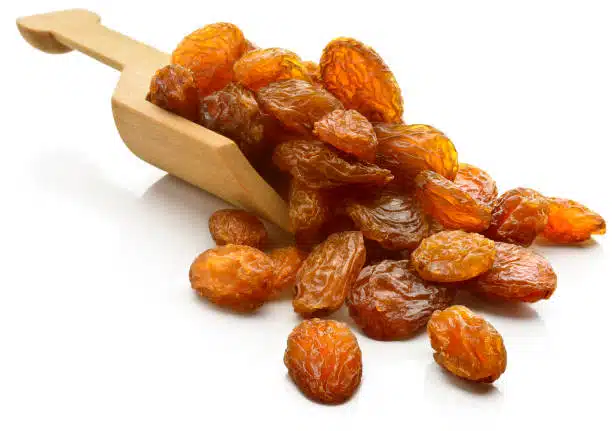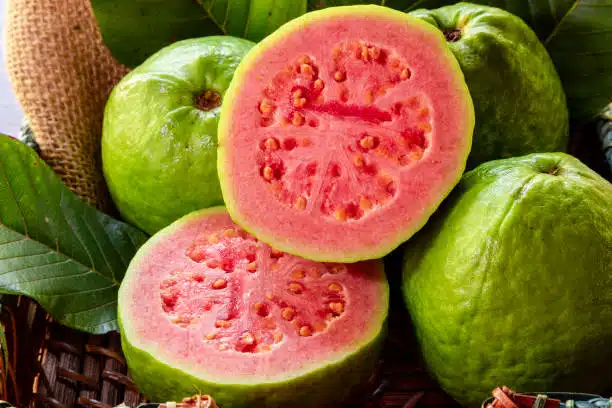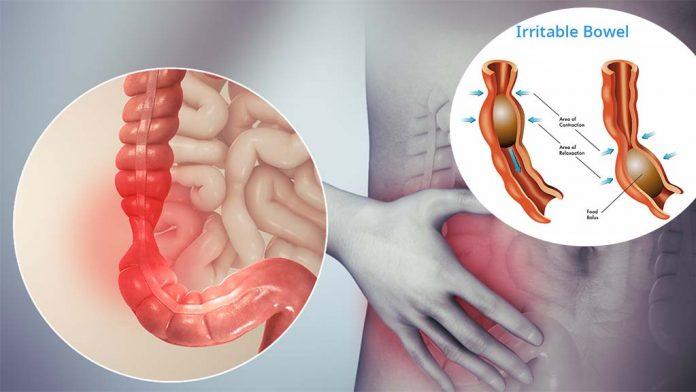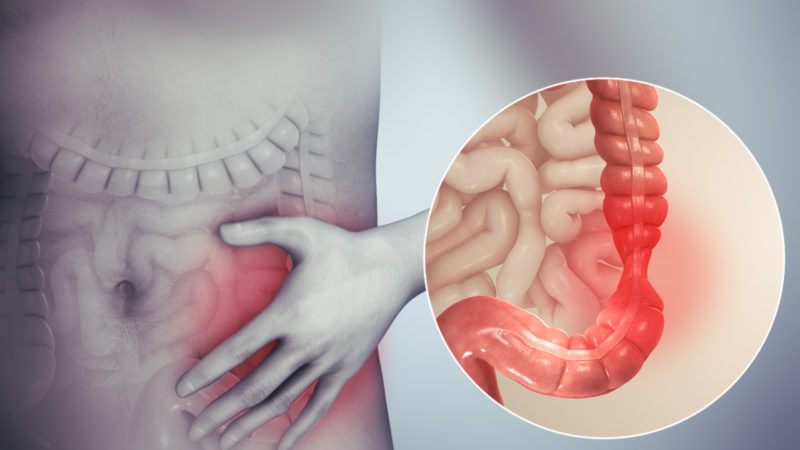What is Sports Nutrition

Sports nutrition is the basic foundation of athletic success. It is a well-designed plan to supply nutrients, food, proteins, and fluid to keep an athlete’s body hydrated and perform at peak levels.
The Sports Nutrition diet may vary from athlete to athlete, varying on their body’s need according to the sports activity they are performing. A well-derived Sports Nutrition plan helps an athlete achieve the desired results by providing the body with essential food and fluid supplies and keeping them hydrated and fueled.
Importance of Sports Nutrition
Consuming the right food is very important for an athlete and a person involved in any sport. Proper food consumption is important as they play a vital role in the performance and energy-boosting of an individual.
Individuals who are a part of any athletic activity require more carbohydrates as they are the best source of instant energy. At the same time, those involved in bodybuilding require to increase their protein intake to help in muscle building.
Sources of Sports Nutrition
The sources of sports nutrition vary according to the need of the athlete. Both natural and artificial supplements are available.
Carbohydrates
These are the primary sources of energy for the body. Carbs intake can vary from person to person according to the activity they are part of and their body needs. Carb intake can range from 45% to 65% of daily food intake, depending on the body’s needs.
Types of Carbohydrates
There are two types of carbohydrates:
1. Complex Sugars.
We can find complex sugar or starch as generally known in wheat and rice. According to their fiber content, complex carbs can also be in two forms, good and bad. Complex carbs that are harmful and not preferable are white Bread and white floor as they go through processing, which removes their nutrients and fiber.
2. Simple Sugars.
Sugars that give a sweet taste are simple sugars. Simple sugars are also naturally occurring in fruits and vegetables. We can also add them to brown sugar, white sugar, maple syrup, honey, etc. These are more preferable and good for the body as they are rich in fiber compared to complex sugar.
These two types of carbs are the main source with different properties, but the body uses them in the same manner.
Proteins
These are present in every cell of the body and are essential in building and repairing tissues. The body also uses them to make enzymes, hormones, and various body blocks, bones, cartilage, skin, and blood.
They are crucial for bodybuilding as they help them build and repair strained muscles and damaged tissue.
Some important protein sources are meat, fish, eggs, pulses, nuts, seeds, and soy products. Milk is also an important protein source, but lactose sensitivity should be careful with it.
Fats
Fats are an essential part of any diet plan as they help the body absorb nutrients. Fat is also one of the best sources of energy. Fats are also an important part of the diet, but we should monitor the intake of fat as excessive fat intake can lead to weight gain and increase the risk of health problems.
Types of Fats
- Saturated Fat. We can find it in the animal products like dairy and meat. Such fat type can increase your LDL cholesterol level, which is bad for the body, and thus they are harmful to the body.
- Unsaturated fat is found in avocados, nuts, oily fish, and olives. These fats are considered good for your heart and can lower the LDL (bad cholesterol levels) and increase the HDL cholesterol levels, which is good for the body.
Supplements
Sportspeople, athletes, and bodybuilders take these products to boost their performance, recovery, and body endurance. These are available in different forms ranging from protein, creatine, multivitamin, and various ergogenic foods.
Are Supplements ok to be used?
This question comes to mind when one wants to go for supplements. So, before one opts for supplements, they must know that their diet is balanced, suits their sports and needs, and is healthy. If one feels the need even after it, then they can use supplements under the guidance of a trained professional and dietician.
Types of Supplements
Commonly used supplements include the following types:
1. Whey Protein
It is a natural protein in milk and contains little fat, carbohydrates, and lactose. Dieticians consider it a complete protein with all the essential amino acids.
These also contain Branch Chain Amino Acids (BCAA’S), which are essential for the body and are used first during intense training. These also help in repairing tissues and in building lean muscle.
Whey protein’s other benefit is that they are easily digestible, thus providing the body with instant replenishment.
2. Creatine
It’s a high-energy compound that helps to store and provide energy. The body produces it within, and it can also be found in meat and fish. Athletes take it to increase their muscle strength and train for longer periods.
Sports Nutrition Based on Need and Environment
Vegetarian –
These sports nutrition types can be obtained from plant-based sources, fruits, nuts, vegetables, and milk. The issue with vegetarian protein is that there is insufficient evidence to support their worth, and additional supplements are needed.
High Altitude –
The need for athletes involved in sports relating to high altitude requires foods rich in iron to increase red blood cells’ capacity to carry oxygen. To protect athletes from high altitude sickness, foods rich in antioxidants and protein are essential.
Hot Environments –
Athletes training in hot environments needs to maintain their fluid and electrolyte balance. They need to intake foods rich in fluid, which help them maintain their body hydration levels.
Cold Environments –
Athletes training in areas with low temperatures are needed to maintain their body temperatures, and for that, they need to take proper balanced carbohydrates and a caloric diet. Leaner athletes are at a higher risk of hypothermia.
Sports Nutrition Related Disorders
Eating Disorders
Many athletes must maintain lean bodies and low body weight and exhibit muscular development. The psychological pressure and physical stress can sometimes lead such athletes towards eating disorders.
Some common eating disorders are :
- Orthorexia
- Bulimia
- Anorexia Nervosa
- Compulsive Exercise Disorder
Nutrition Deficiency Disorder
This is caused in athletes to maintain body weight and performance
They limit or stop the intake of certain foods, which are sometimes a source of essential nutrients and thus leading them to nutrition deficiency disorder.
Conclusion
Sports Nutrition is a part of an athlete’s life. So when you know all about it. Please let us know what you think of it in the comment box.






